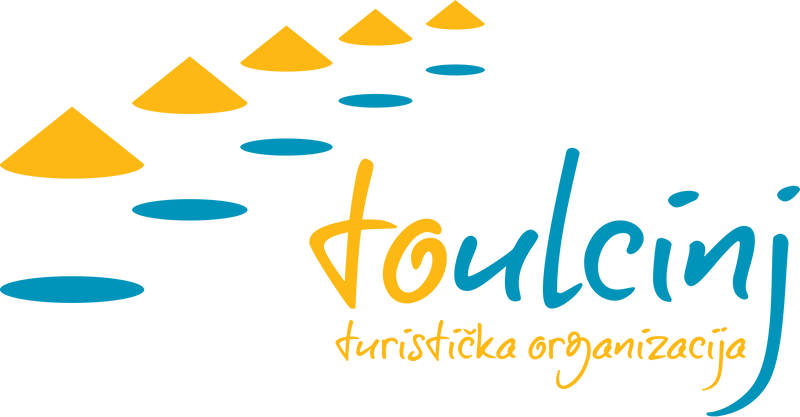The foundation of Ulcinj is connected with the establishment of the state belonging to the Illyrian tribe Ardiaei in the fifth century B.C. Plenty of cultural objects which had been found here during the excavation work prove the foundation of Ulcinj 2.5 millenniums ago, like the wall and the fortification on the northern side of the Old Town. This fortification was built in the well-known Greek technique of building with huge stones, roughly hewn, regularly laid and drily joined.
Part of this collection are certainly fragments of antique vases with black sculptures and white “lekitas” (a kind of Greek ceramic dish for oil which was used for the body before having a bath) with red colour. Next to the Illyrian-Greek fortification an antique “gema” (a finely carved tiny stone with a relief presentation of a human statue, only the statue or some scene) from the fifth century was also found.
However, doubtlessly the most significant discovery is the up-to-now only Greek inscription on an antique sacrifice pedestal, made of the same yellow, but mature stone which had been used in the construction of the Ulcinium fortification, thus it can be concluded that its builders were Greeks, hired by the Illyrians. The cult of Artemis – goddess of hunting was primarily cherished in Arcadia, and then along with the cult of her brother Apollonius on the island of Della as well as in the Delphi.
There is only few historical data in written form about the antique Olcinium; it was mentioned by famous Roman historians such as Titus Livius and Plinius the Senior. As Titus Livius was writing about the Illyirian war against Rome (168 B.C.), he also mentioned its citizens. Plinius the Senior (14-79) also mentioned Ulcinj in his book Naturalis Historiae as a fortified town of Roman citizens (oppidum civium Romanorum) where he mentioned it by its previous name Colchinium, as it was allegedly founded by the Colhinium tribe, thus it could be concluded that it was once a Colhinium colony, actually that it had been known to the legendary Argonauts, too.
The scientists from Georgia also confirm the etymologic possibility of the name Olchinium from Colchinium as well as from Colchis (Greek), then Qilha – Qulha (Urartian). The famous German Illyrologist A. Meier considers the name Ulcinium to have been derived from the Indo-European basis ulkas – wolf, the name of the Totem animal of the town. The Croatian linguist Petar Skok relates the name of Ulcinj (Ulcinium, L’cinj, Ocinj, Ulcinj, Ulqin) with the Albanian word ujk (Illyrian ulk) – wolf.

Due to its position which allowed it to control the wide sea, Olcinium was very significant in the Illyrian state, especially as major roads were crossing this region.
There were three major wars led by the Romans against the Illyrians aiming to suppress its influence on the sea. In the last Illyirian-Roman war the last great Illyrian ruler Gencius (168) was captured, and all the towns and tribes which he had been the ruler of, lost their independence. Titus Livius also wrote that the citizens of Olcinium – Olciniatas – together with the Sasaei, Taulantii, Pirustae and Risonitti surrendered to the Romans without fighting so that they got their immunity, which excluded them from paying the war damage.
There are numerous archeological findings which show us the way of living of the people from Ulcinj; part of the fortification leaning towards the Illyrian-Greek had also been discovered among numerous ceramic fragments as well as other objects of material culture. This part had been built by huge stones.
Under the rule of the Romans Olcinium got the status of a town (oppidum civium Romanorum), which means that it was inhabited by Italic settlers who had all the Roman citizens’ rights, whereas the Illyrians got them later since they had already been partially Romanized.
When it comes to the spiritual life in ancient times of Ulcinj, then the strength of the indigenous element is very much emphasized. Most presented were the Illyrian god of water and the sea Bindi (Bindus), as well as the cult of the snake, the saint animal for the Illyrians, and last but not least, the Illyrian horseman the god – Medaur, but some other Illyrian divines, too.
